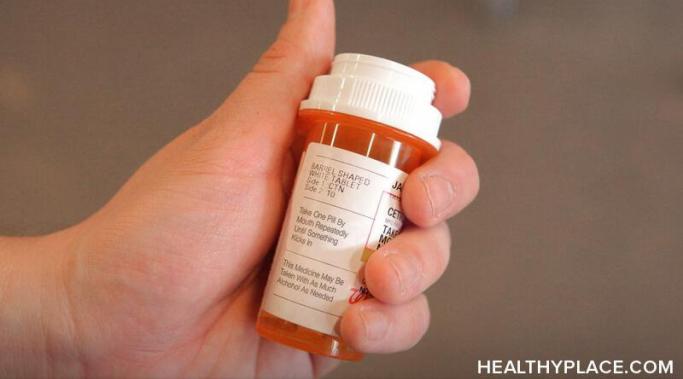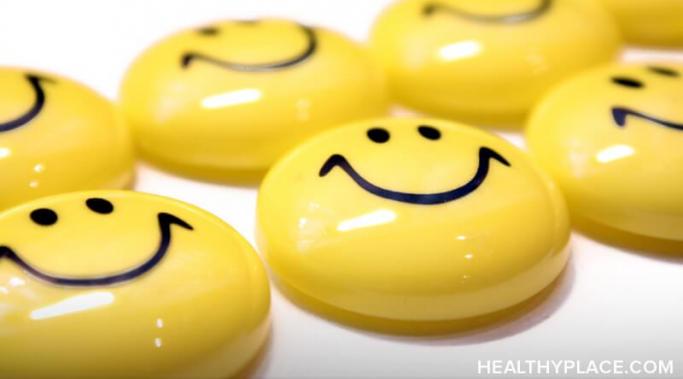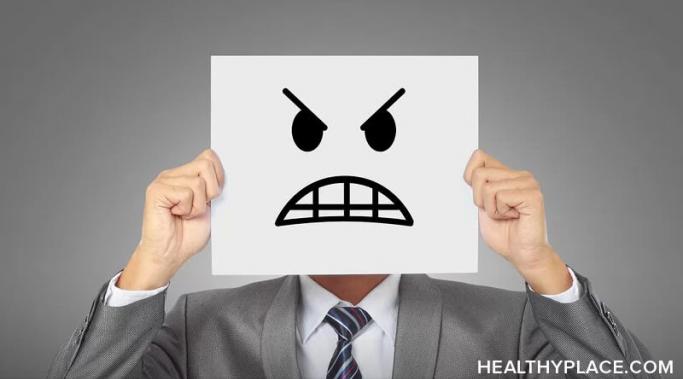Because of bipolar and depression, I have a lack of motivation. Lack of motivation is not technically a symptom of depression according to the "Diagnostic and Statistical Manual of Mental Disorders, Fifth Edition" ("DSM-5"), but in my experience, it's highly correlated. I must admit, I harshly judge this as being a personal flaw. Here's a look at how depression and a lack of motivation are linked and how a lack of motivation isn't really a personal flaw at all.
Breaking Bipolar
I think hot weather makes bipolar disorder worse. It seems to do this in multiple ways. Some of this is my opinion, while some of it is based on evidence. Regardless, though, hot weather definitely makes my bipolar worse.
Bipolar often makes me very irritated, and I suggest you not talk to me about it. Okay, I'm just kidding about that last part, but what I will say is that when I'm highly irritated because of bipolar disorder, I don't want to talk about it or anything else. And while irritation doesn't sound like the worst bipolar symptom, I can attest to the fact that it definitely impacts one's quality of life.
Let me start by saying I'm not against bipolar disorder support groups. Actually, I recommend them to people and think they can be very helpful. That doesn't mean there aren't drawbacks, however. One of those drawbacks is the spreading of misinformation in bipolar disorder support groups. If you participate in bipolar disorder support groups, it's something you absolutely want to watch out for.
If you've been interacting with doctors as a person with bipolar disorder for more than about a week, you've probably learned the fact that you have to repeat your bipolar story to every doctor under the sun. It's unbelievably frustrating. Mental health professionals treat you like you have never described your bipolar disorder to another person. This is almost never the case. Usually, doctors are asking about your bipolar disorder in front of a huge file outlining your history with bipolar disorder. And repeating your bipolar story over and over is distressing and isn't something we should have to do.
People often wonder how long they should try a bipolar medication before switching it for something else (due to inefficacy). I have taken a look at this question, and the answer may surprise some people. When I think about how some doctors (and patients) look at the question as to how long to try a bipolar medication, I think they often get it wrong.
I checked my Twitter feed this morning and learned of a new unique bipolar depression medication. I'm going to be honest; it made me smile and set me up for a great day. This is not necessarily because I want to run out and take it, but more because I'm glad people with bipolar disorder suffering from depression finally have a new option that is different than the ones we have been working with for years. A unique bipolar depression medication almost feels like a safety blanket to me.
It is hard to set goals when you're anhedonic because of depression. In fact, many times it feels impossible. When you don't feel any pleasure, why have a goal? And it's not like the other symptoms of depression lend themselves to goals either, so it's no wonder people have problems setting goals with depression-driven anhedonia.
COVID-19 vaccine refusal could be related to depression. I know there might not seem to be a link there, but I suspect there is. Depression could affect how a person feels about getting a vaccine for a number of reasons, and it may lead all the way up to vaccine refusal thanks to depression.
In my last post, I talked about how I experience depression as anger or rage. In this post, I'm going to talk about how to handle anger or rage that is really depression in disguise.









